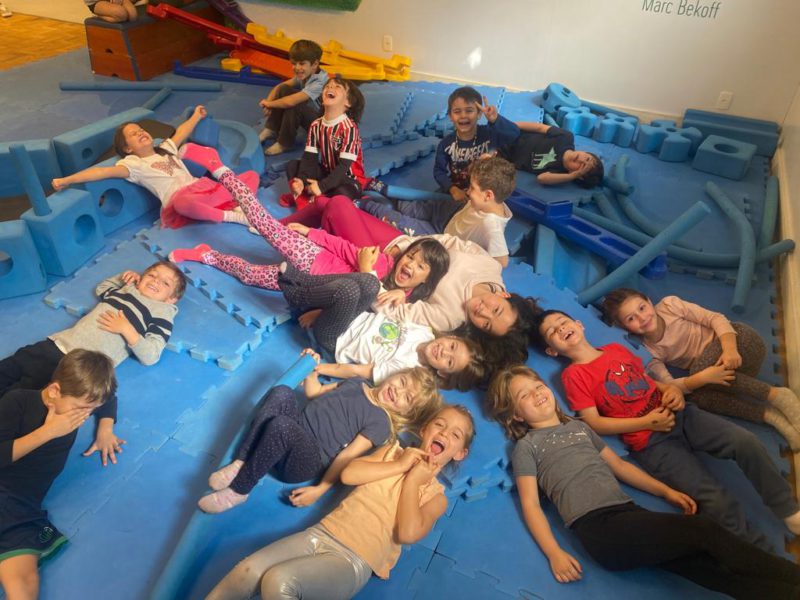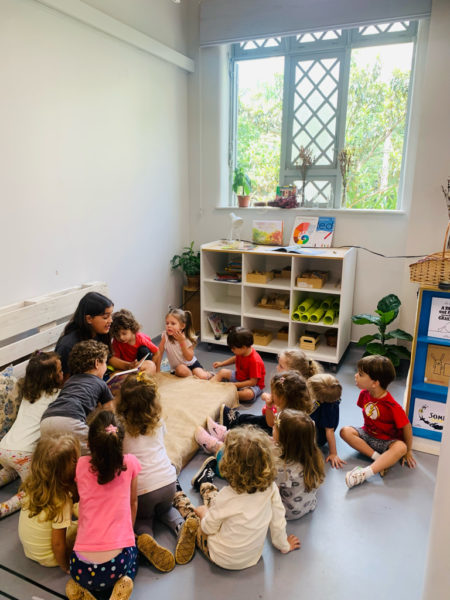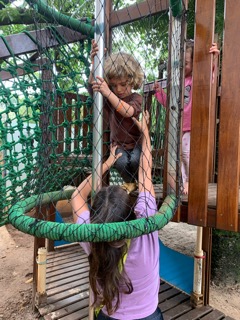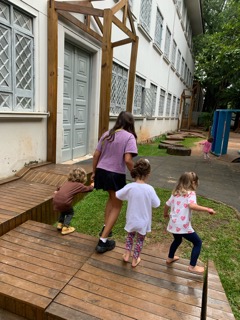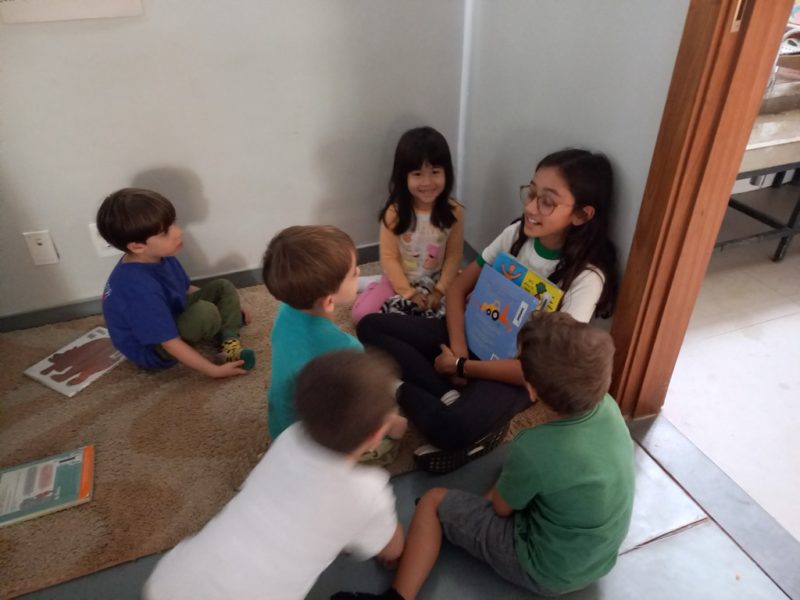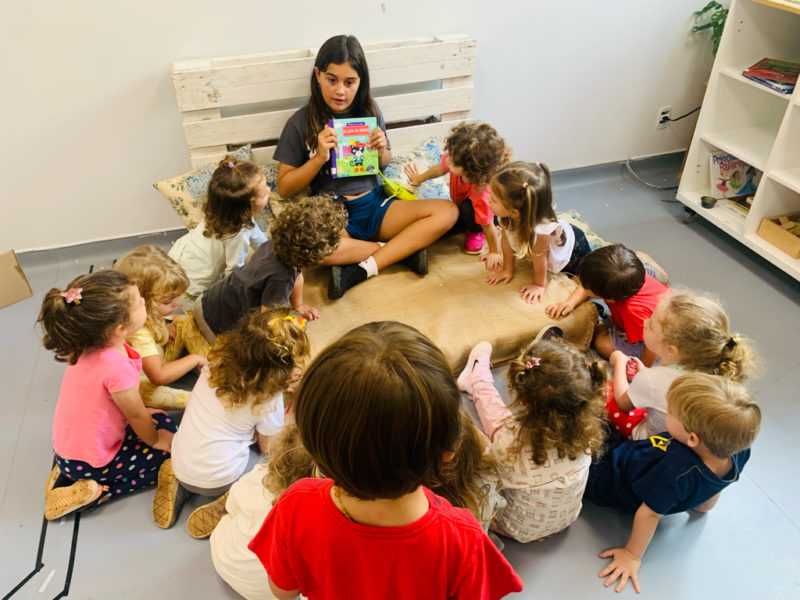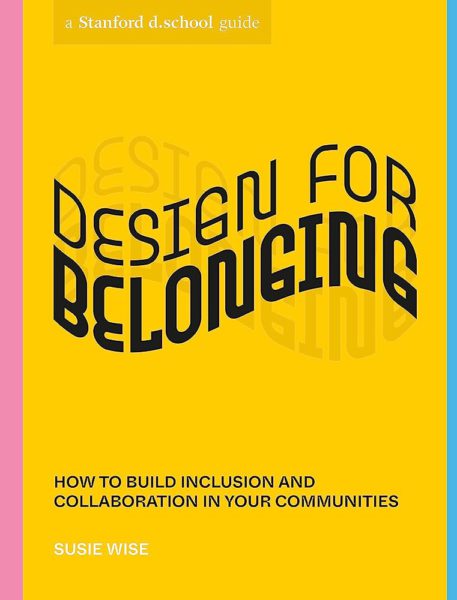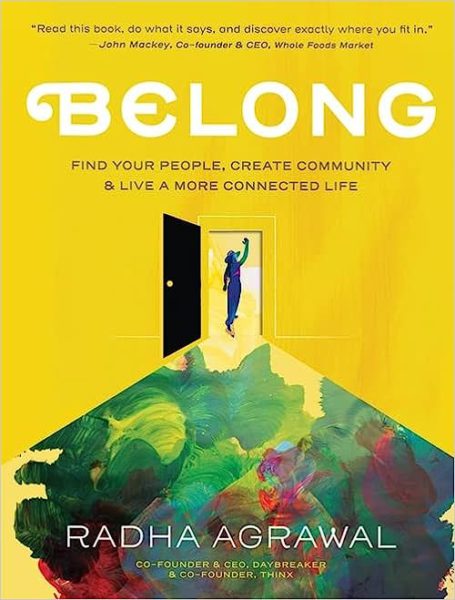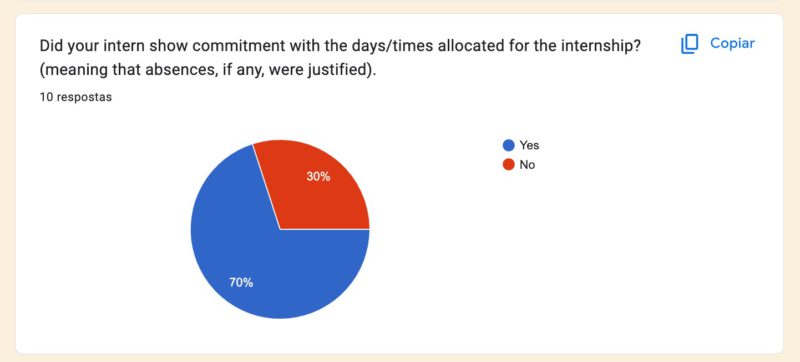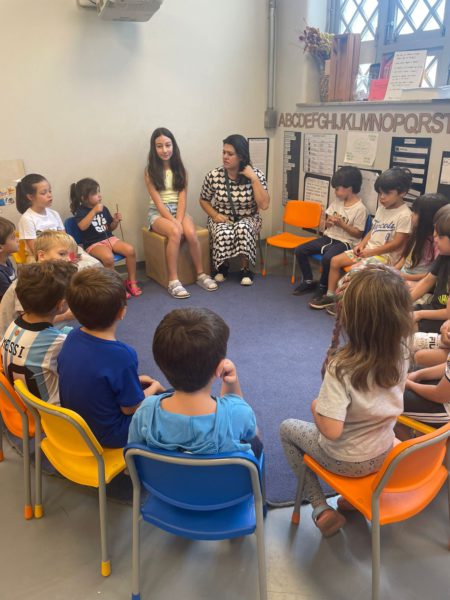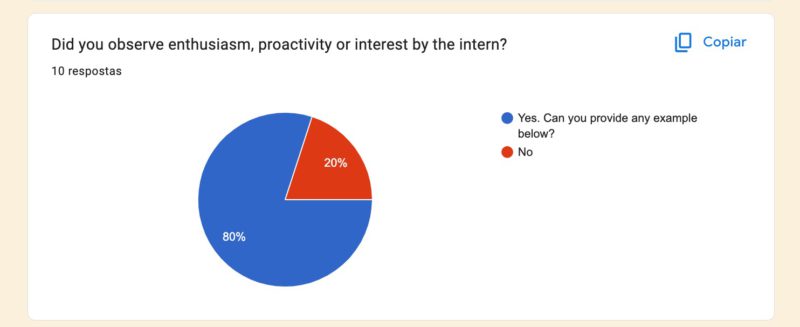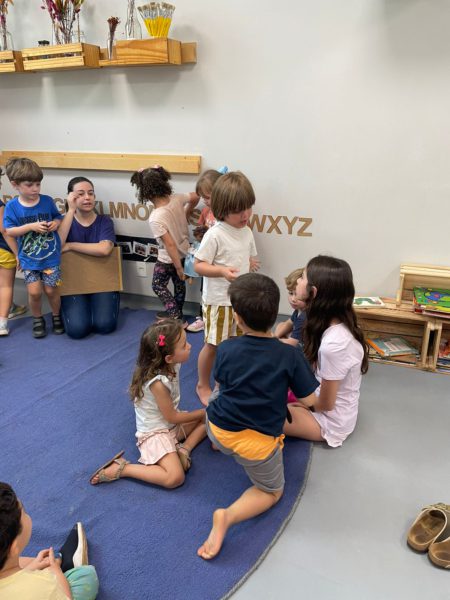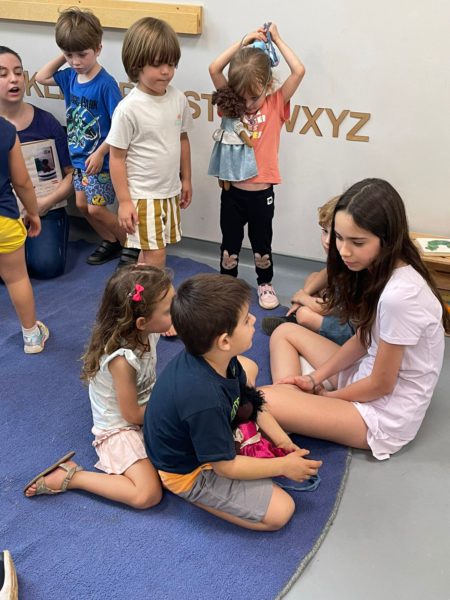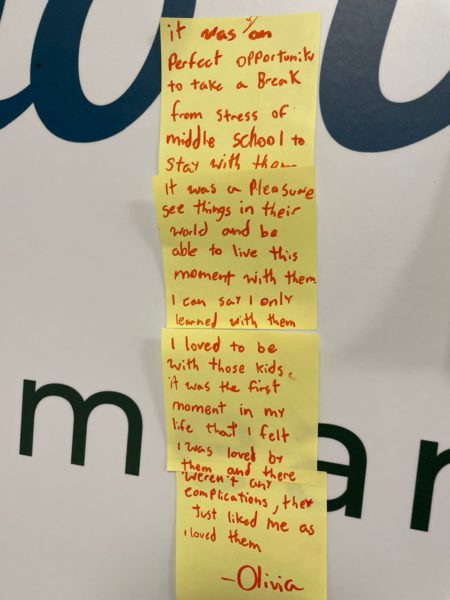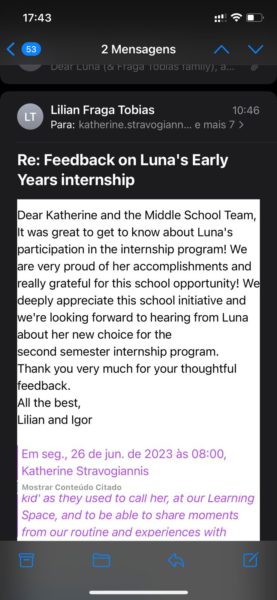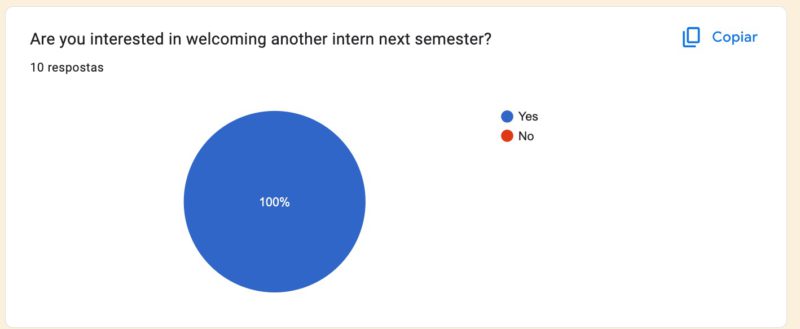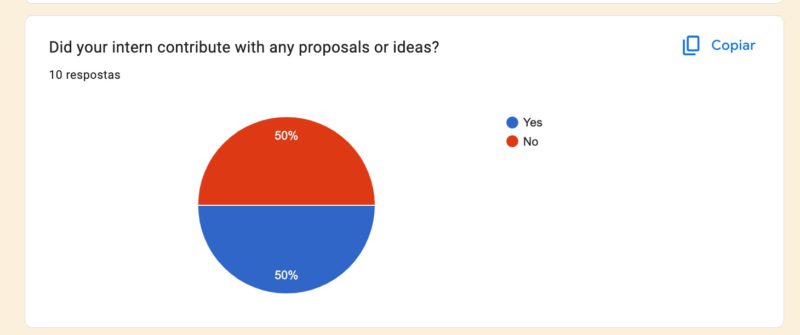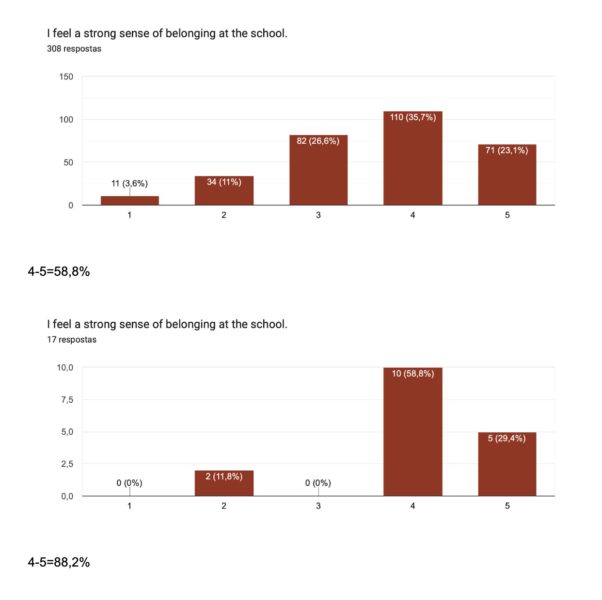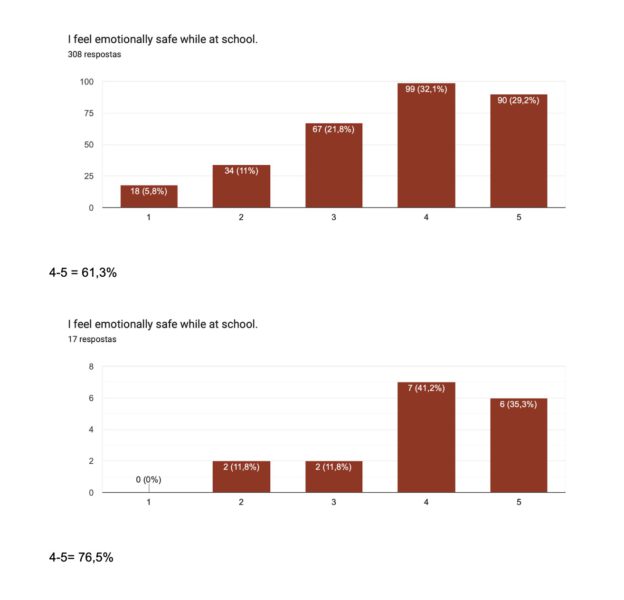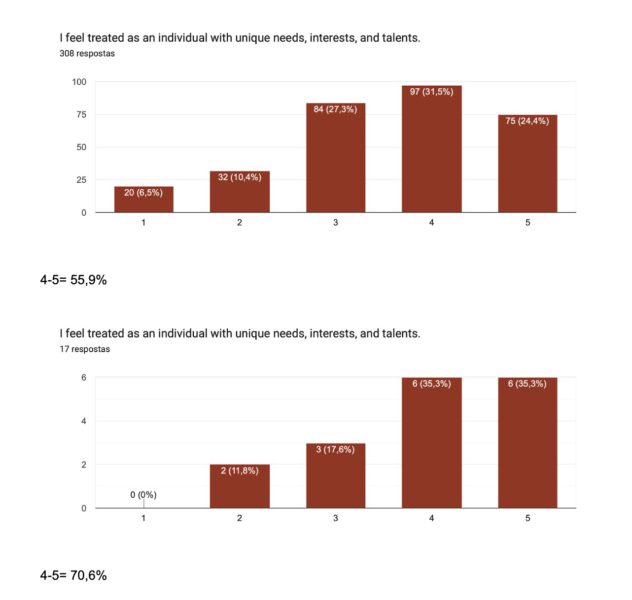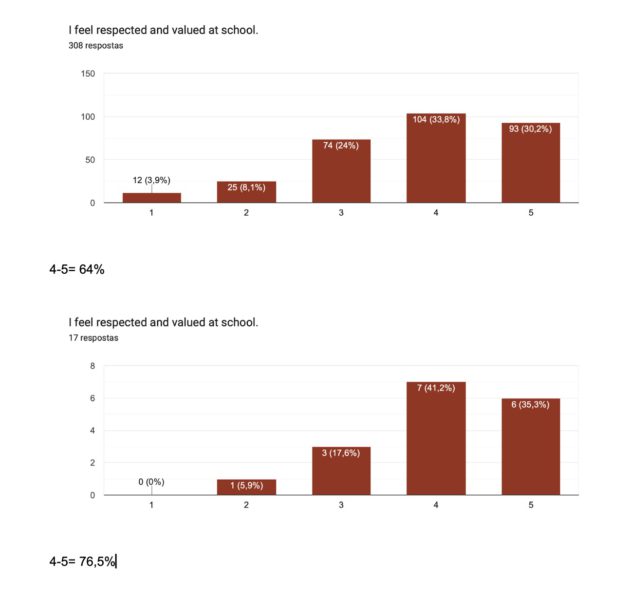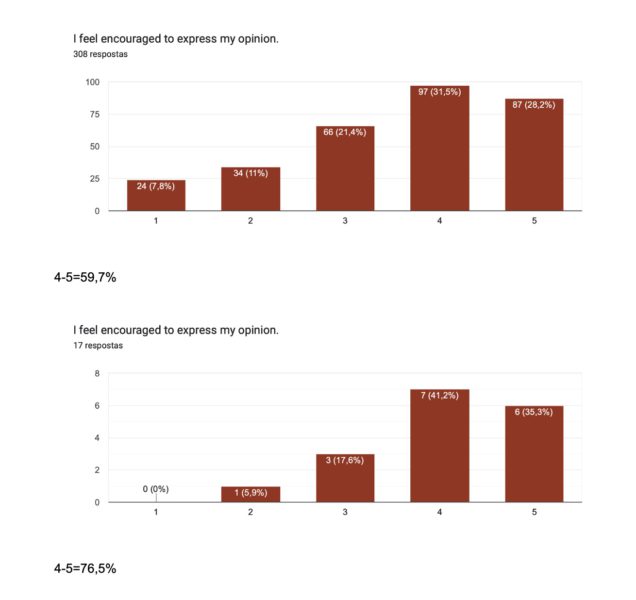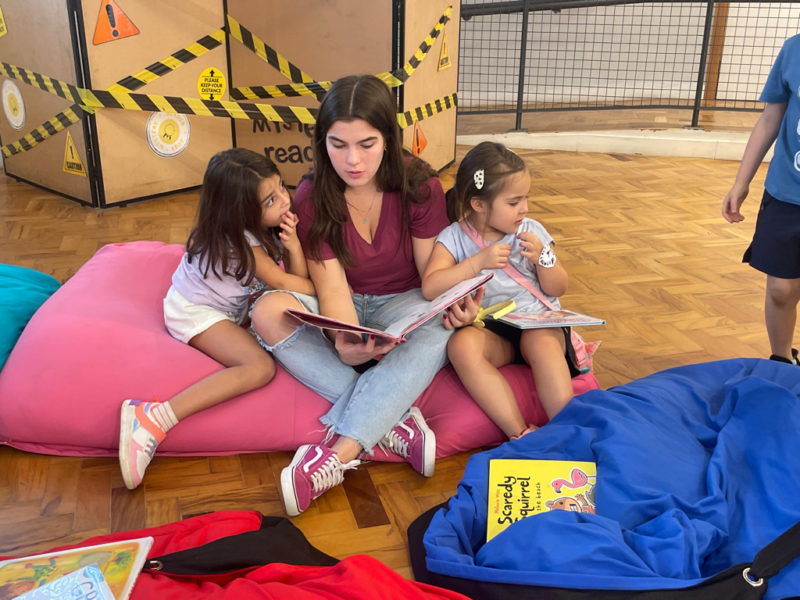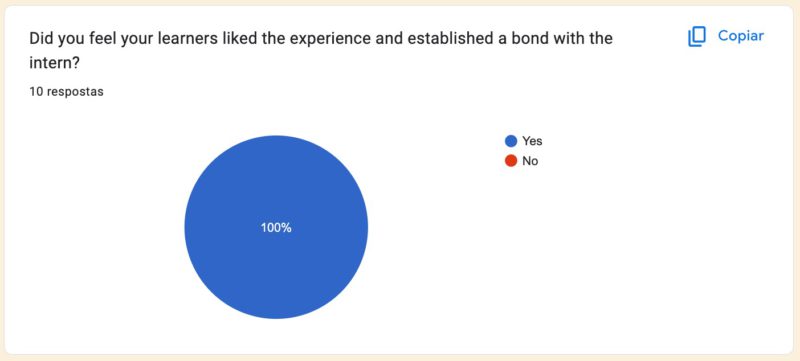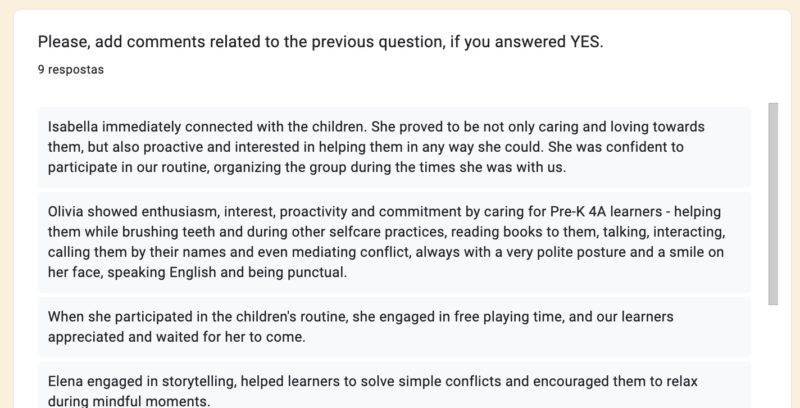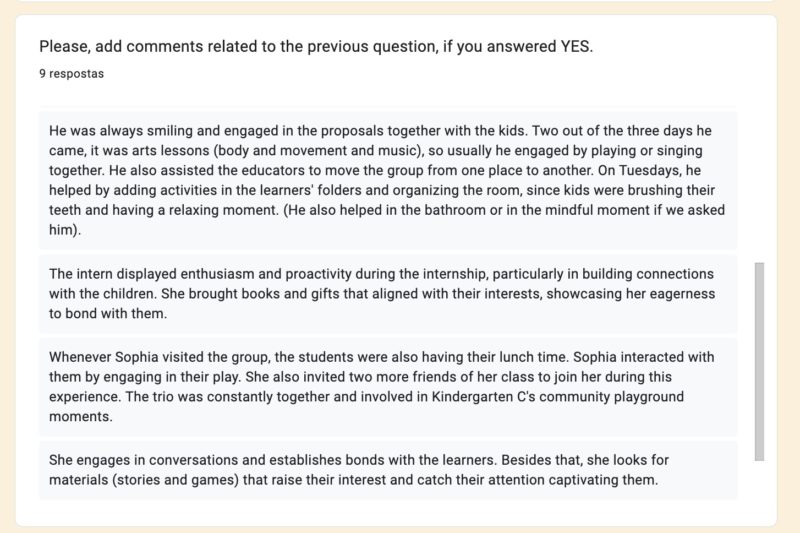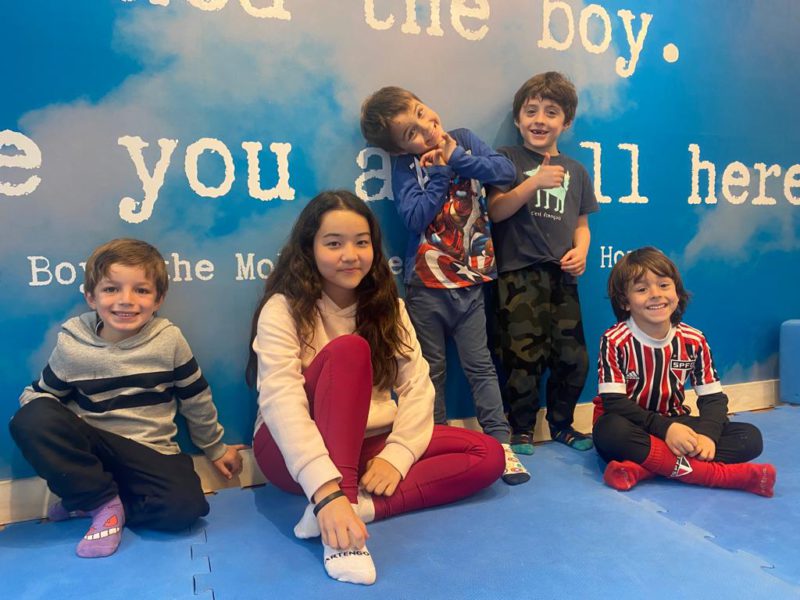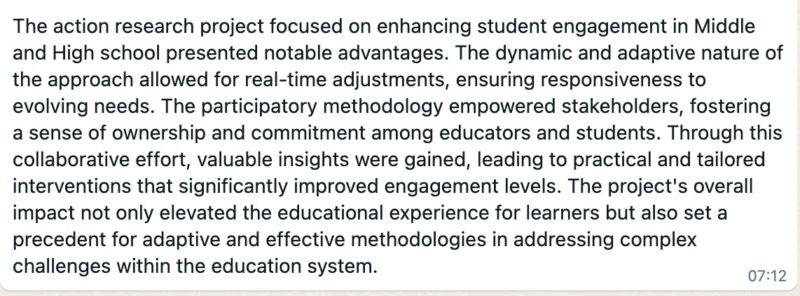Bridging Ages, Building Bonds: Unveiling the Transformative Power of Belonging through Middle School-Early Years Service Learning
How does Middle school learners' perception of belonging in their Service Learning opportunities (in partnership with Early Years) affect their engagement in Escola Concept?
General topic of interest
Belonging and engagement are two important aspects of the human experience that are closely interconnected. In a school, they are crucial aspects that enhance community building. Belonging provides a foundation for both engagement and agency by enhancing our identity and motivation, while agency strengthens our connection to our community and its goals.
In this research project, we examined the connection between belonging and engagement by analyzing some case studies from Escola Concept involving service learning and internship and collecting data from parents, learners, and educators via surveys, direct observations, and interviews.
By exploring how these two aspects interact in a real scenario and from multiple perspectives, the research can provide practical insights, based on data analysis, evidence, and theory, on how to promote a sense of belonging and create a more supportive, engaging, and empowering learning environment.
Escola Concept has been studying belonging and ways to enhance the sense of belonging, and all Middle School learners were assessed.
Participants
Middle School Parents, Early Years Educators, Early Years Learners, Middle School Learners
Literature Review
In order to support our research, we first studied the impact of Belonging, focusing on the books Belonging by Radha Agrawal and Design for Belonging, by Susie Wise. To better understand the data collected, we studied social Identity theory (Henri Tajfel and John Turner). His theory posits that individuals' sense of self is derived from their membership in social groups and that these group memberships can influence their behavior and attitudes. According to this theory, individuals are more likely to identify with and engage in activities that align with their group identities.
In the context of our research question, Social Identity Theory helped us to explain how learners' sense of belonging in their Service Learning opportunities in Early Years may influence their engagement in Escola Concept. Learners who feel a strong sense of belonging in these opportunities may be more likely to identify with and engage in proposals that align with the values and goals of our school. Another study that contributed to our research was the Self-Determination Theory of Edward Deci and Richard Ryan, which emphasizes the importance of autonomy, competence, and relatedness in motivation and engagement.
The research on Morality and Ethics co-existence (Piaget) that supports the Concept's pillars was also an important addition to our research.
Data collecting approach
Descriptive: in this action research project, we mainly used the descriptive approach as it involved thoroughly documenting and analyzing the existing conditions within the specific context of the Middle School learners' internship in Early Years. We collected data and conducted surveys, interviews, and observations to create a rich, reliable, and detailed picture of the situation.
Comparative: this research involved the comparison of two situations. In an action research context, a comparative approach might entail studying the effects of different interventions or strategies in a particular setting. This could involve comparing the outcomes of various actions taken to address a problem or achieve a specific goal, thereby allowing you to identify which approach is more effective or efficient. By saying that, in this action research, we wanted to show that the Middle School learners' engagement and sense of belonging would change after the internship program.
By combining these two approaches in this action research project, it is possible to potentially create a comprehensive analysis that not only provides a detailed description of the previous situation of the learners but also allows for a meaningful comparison of different actions or interventions, thereby enabling educators to make informed recommendations, reflections or decisions for future improvements.
Data collection tools/resources
Data collecting tools:
Surveys (educators/ learners)
Observations (internships/ interactions)
Interviews (learners/ educators/ parents)
Testimonials (learners/ educators/ parents)
Additional resources:
-Google Scholar, Public and Private Libraries (including online ones, even Apple Books), CAPES, University websites, educational journals such as "Educational Researcher" and "Journal of Educational Psychology,"
-Education-focused websites such as Edutopia and TeachThought
-Educational podcasts such as "Cult of Pedagogy" and "The Edtech Podcast"
-Social media groups such as Twitter chats focused on education
-Google Scholar, Apple News, Google Books, Science.gov, Digital Commons Network, and ResearchGate.
-Connected Papers
Emerging results
When students, educators, and families feel part of a school community with a strong sense of belonging, they are more likely to develop positive social and emotional skills, perform better academically, and feel safe and supported. The sense of belonging is the feeling of being part of something bigger than ourselves, and it is an important need for emotional and social well-being, at school, it is an essential condition for emotional development and engagement.
We observed that the service learning opportunities provided a fertile scenario for engagement, especially when learners had the opportunity to interact with Early Years learners. We observed that collecting data would bring us a vast research field.
In 2022 a group of students started storytelling for early years students, but they had few encounters. We observed that the engagement of Middle School learners during the internship opportunities that started in 2023 (Semester 1) showed pieces of evidence of high commitment. The internship in EY has even a waiting list, and learners are replicating practices with the little ones during their break time or after classes.
Why are they so committed? What are the dispositions that they are using? What makes them feel important? Why is it even noticeable to families? Why is this happening? Why are they so interested in it? What can we learn from the experience, and how can these data be used in other opportunities?
We felt we had a rich scenario to collect data during interviews with educators, learners, and parents and direct observations.
After collecting data, when we compare all the Middle School Learners with the interns, this specific group presents a more positive perception of their sense of belonging, emotional safety, personal value, and freedom to share opinions, interests, and contributions. (see images).
Their emotional testimonials showed more than belonging but also empathy toward the little ones.
Of the 9 learners who participated in the internship, 100% assessed it as a very positive experience (parents, educators, and learners).
70% of the learners re-enrolled in optional Internship opportunities in Semester 2.
The optional applications (even by the end of the academic school year) increased by 50% in Early Years Internship Opportunities.
Early Years educators reported a great relationship among Middle School and Early Years learners, who asked for their visits.
100% of the EY educators are interested in welcoming a new intern.
Middle School Parents reported that the experience was life-changing and was one of the most meaningful programs of the school (their children felt important, respected, and valued).
Early Years Leadership observed that Middle School learners started to engage in everything related to Early Years, preserving and maintaining the environment.
https://www.youtube.com/watch?v=C32iPLMTh-0 video for Think Stars (for English, please enable subtitle)
Reflections
The experience has shown us that young learners and older learners can not be separated. On the contrary, to develop a sense of respect and empathy, we need to foster coexistence. We believe this research contributed to all people involved and can contribute to all readers by:
-Providing insights into effective teaching practices: by investigating how learners' perceptions of belonging in their Service Learning opportunities in Early Years affect their engagement in Escola Concept, this study may identify effective teaching practices that promote student engagement and learning. Other educators, including leaders, can use these insights to improve their own educational practices and enhance learners' engagement in their learning environments.
-When students, educators, and families feel part of a school community, with a strong sense of belonging, they are more likely to develop positive social and emotional skills, perform better academically, and feel safe and supported. The sense of belonging is the feeling of being part of something bigger than ourselves, and it is an important need for emotional and social well-being, at school, it is an essential condition for emotional development and engagement.
-Highlighting the importance of student engagement: Student engagement is a key factor in promoting learning and academic success.
-Encouraging the use of Service Learning: Service Learning is a powerful educational approach that integrates community service with classroom learning.
- By investigating how learners engage with Service Learning, this research may encourage other educators to incorporate this approach into their own teaching practices.
-However, we believe that we could see beyond the service learning, by fostering collaboration between different grade levels: this study involved partnership between Middle School learners and Early Years. This collaboration can provide other educators with ideas for how they can work collaboratively within the community from different grade levels to enhance engagement.
We can learn a lot from the interns' testimonials:
"Seeing how small children normally act, interact, think, and express themselves is a precious knowledge I gain because this somehow influences our way of thinking or changes the perspective we see about various events in our daily lives. Because, when you go talk with a young child, you often think they will say something cute and funny super away from reality but then you hear what they have to say and you think “god! I have never thought in this way!”.' Olivia - Grade 7
"I Learned that is not only us that teach the early years, but they teach us too, with a very special method, one that the older ones don’t teach, and, this so special method, is known for its simplicity. I really think that I’m connected to this position because I can contribute to creating milestones in each learning process, what is very interesting, is that, if we have the tracking of the student’s learning journey, we can contribute in the areas that he/she is very strong at, and help them in the area that him/her needs more attention and is not so strong at. And this is very precious, because, if we only put everyone in only one line and objective, the persons will be late for everything, because they will have issues, and, is into those issues that we need to think individually, to think into each student's learning journey, to help them to achieve their goals." Rafael, Grade 7





